Radically Reducing Maternal, Newborn, and Child Mortality in Northern Nigeria
Written by: Abolade Oladejo, Documentation & Knowledge Management Officer
Losing a newborn baby is devastating. Losing three babies in succession like Miriam (not her real name), a mother in Northern Nigeria did, is a tragedy. In this part of the country, maternal, newborn, and child health and nutrition (MNCH+N) behaviors, such as breastfeeding or sleeping under a bed net, involve an entire community health ecosystem. A pregnant woman is likely to interact with health service providers, traditional birth attendants, traditional barbers, and many others during her pregnancy. However, the first health advice a pregnant woman receives often comes from traditional and religious leaders. Like many other women in Nigeria, Miriam followed tradition and did not breastfeed her first three babies for their first few weeks of lives to make them stronger. This practice was reinforced by her mother-in-law and validated by the community’s traditional birth attendant.
Nigeria accounts for approximately 13 percent of all child deaths in the world. Breakthrough ACTION Nigeria, a project funded by the United States Agency for International Development (USAID) to improve individual and social determinants of health, used a human-centered design approach to explore how to radically reduce maternal and child mortality in Northern Nigeria. Traditionally, human-centered design has focused on designing with the people involved. Breakthrough ACTION Nigeria went a step further by generating insights from people’s own contexts and experiences and utilizing available data to understand, uncover, and analyze the social determinants of MNCH+N behaviors in these communities. The approach, which included Define and Design phases, was conducted from September to December 2018.
Define Phase
During the Define phase, Breakthrough ACTION Nigeria conducted more than 290 in-depth interviews in Kebbi, Bauchi, and Sokoto States with women like Miriam, her mother-in-law, her husband, traditional birth attendants, health providers, and religious and traditional leaders. These interviews provided insight into the context in which people practice (or do not practice) MNCH+N behaviors. Following the interviews, Breakthrough ACTION Nigeria identified 10 key insights and opportunities that might be leveraged to improve MNCH+N indicators in those communities.
Design Phase
Stakeholders from the three states worked with Breakthrough ACTION Nigeria during the Design phase to generate more than 200 ideas that could lead to improved practices of MNCH+N behaviors, especially within the community health ecosystem such as the one women like Miriam are immersed in. Of these 200 ideas, six were selected to be developed into prototypes because they were rated as having the highest potential impact. The prototypes were then taken back to the women, mothers-in-law, traditional birth attendants, and religious and traditional leaders to redesign and fine-tune for their community contexts. During 2019, Breakthrough ACTION Nigeria will further refine the prototypes and conduct a 12-week pilot to determine their feasibility to improve MNCH+N behaviors in Northern Nigeria.
Miriam should not have to go through the heartbreak of losing her babies. With the help of Breakthrough ACTION Nigeria, she—along with women throughout all of Northern Nigeria—will be able to enjoy motherhood regardless of their religious and traditional beliefs.
More Information
Read more about the discovery fieldwork, the communities, the people, and the insights.

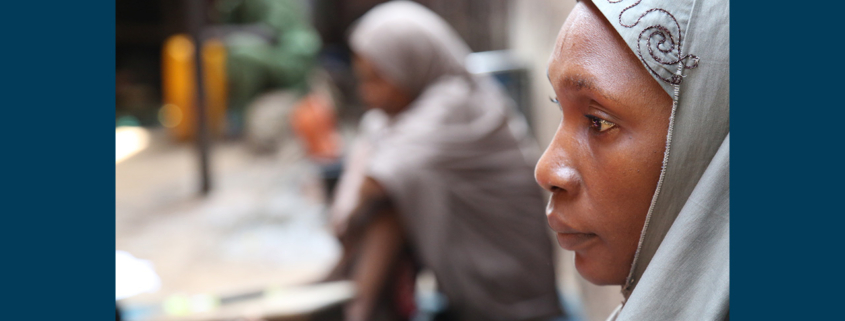
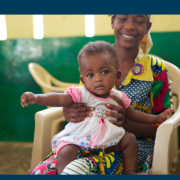 Sara Holbak/VectorWorks/Photoshare
Sara Holbak/VectorWorks/Photoshare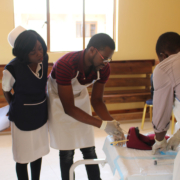
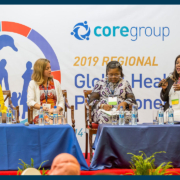 2019 CORE Group Global Health Practitioner Conference
2019 CORE Group Global Health Practitioner Conference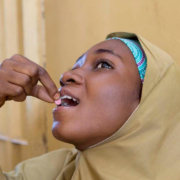 WHO
WHO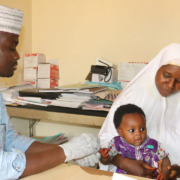 Breakthrough ACTION
Breakthrough ACTION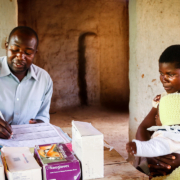 Photo credit: amy Rakotoniaina/PMI/Flickr
Photo credit: amy Rakotoniaina/PMI/Flickr